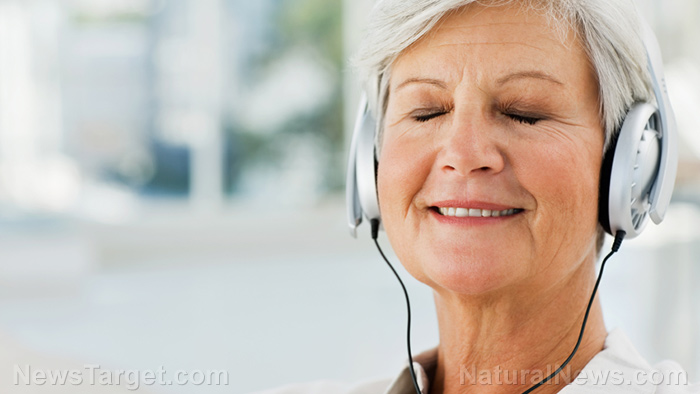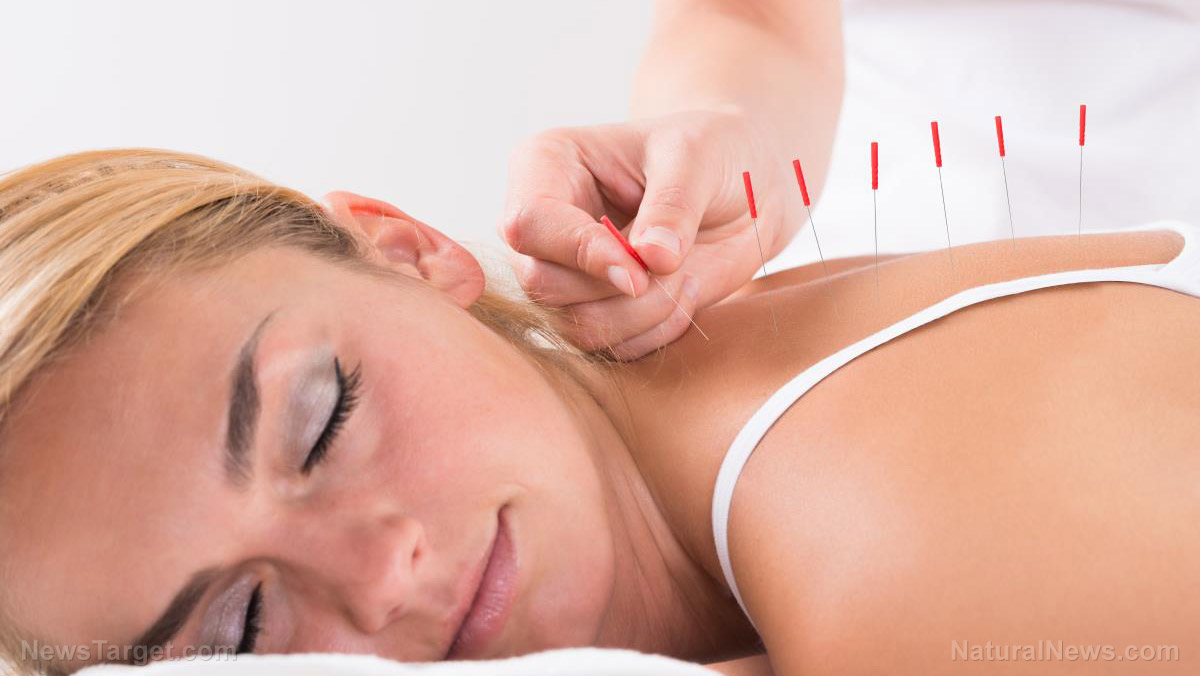The opioid crisis has some legislators supporting natural remedies, authorizing use of acupuncture to help addicts as an alternative pain treatment
12/22/2017 / By Isabelle Z.

If you haven’t been affected by the opioid crisis, you’re in the minority. As drug overdoses killed more people than guns or car accidents last year, the need for action has never been greater. Some steps have been taken in recent months to try to combat this serious issue, but as long as doctors and pharmaceutical companies are prescribing and promoting these drugs irresponsibly, the crisis is not going to go away any time soon.
Some states have been looking to natural remedies to help stem the problem, and one of the top choices in this regard is acupuncture. Dating back thousands of years, this is a very effective treatment for pain and drug dependence alike – a convenient combination when you consider the fact that many of those addicted to opioids became that way following a prescription for painkillers.
One of the big benefits of acupuncture is that it is extremely cost-efficient, with licensed acupuncturists able to insert needles or fasten beads into patients’ ears to diminish their opioid cravings using supplies that cost less than a dollar. Right now, it’s being used in conjunction with Suboxone or methadone to help addicts. (Related: Acupuncture found to be a safe and effective alternative to dangerous painkiller drugs in hospitals.)
Managing post-op pain with acupuncture could prevent people from forming addictions
However, all of this could be avoided in the first place by using acupuncture instead of opioids to help manage pain after surgery. According to peer-reviewed research, acupuncture can reduce people’s consumption of opioids and similar medications by as much as 60 percent.
Take the example of a study carried out on Air Force personnel. Acupuncture led to a 45 percent reduction in opioid prescriptions among this group, while prescriptions for NSAIDs, muscle relaxants and benzodiazepines also fell by 42, 34 and 14 percent respectively. There were also remarkable changes in patients’ quality of life.
It is precisely these incredible results that have led several legislators at the state and federal levels to introduce bills aimed at improving patients’ access to Acu Detox, a five-point protocol that is recommended by the National Acupuncture Detoxification Association.
For example, HB 575 was passed in New Hampshire’s Senate and House. This allows qualified individuals to give patients Acu Detox under the supervision of licensed acupuncturists.
A grant provided by the Disabled Veterans National Foundation is being used by the Won Institute to give acupuncture to veterans across Philadelphia in Veterans’ Service centers and drug recovery centers.
In California, Congresswoman Judy Chu has introduced a bill known as the Acupuncture for Heroes and Seniors Act, which aims to change part of the Social Security Act so that Medicare will cover acupuncture services. If passed, the bill would also see the Veterans Administration approving a position for a trained and certified acupuncturist in the Department of Defense for civilian employees.
Latest statistics show epidemic is worsening
The push for access to acupuncture couldn’t come at a better time, as a new report carried out by the National Center for Health Statistics shows that 2016 was the deadliest year yet in the epidemic of drug overdoses, with 63,600 lives lost overall in the U.S., with 42,249 – or two thirds – of these deaths were from opioids. This means that opioid deaths now outpace the number of those who die from breast cancer annually. Experts believe this year’s data will be even worse.
While the rates of opioid prescriptions have dropped slightly from 81 per 100 people to 70 per 100 people in the past few years, the numbers are still disturbingly high, and this is where alternative treatments like acupuncture could make a tremendous difference and save thousands of lives each year.
Sources include:
Tagged Under: acupuncture, acupuncture for pain, alternative pain treatments, opioid crisis, Opioids




















